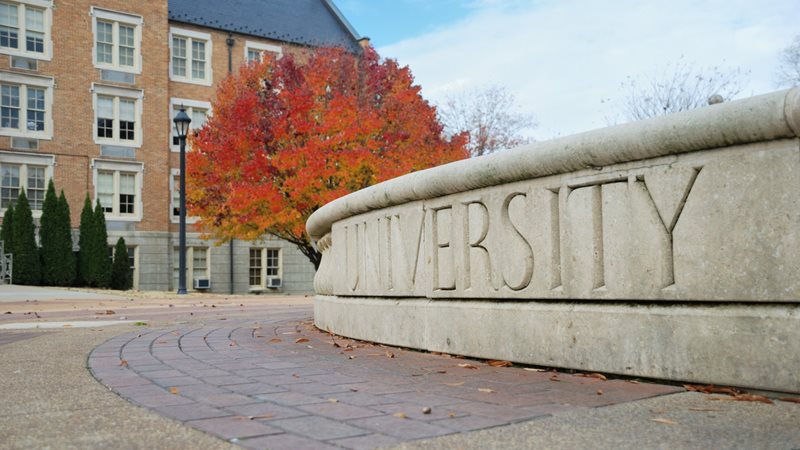
Angle

No Classes Lead to Class Action
- Class Action & Mass Tort
- 5 Mins
COVID, College, and Class Action
While COVID-19 has not cancelled college, it has certainly changed the experience. In order to prevent the spread of COVID-19, students were hurriedly asked to leave the dorms, return to their homes, and resume all their classes virtually. Even in commuter schools without dorms, institutions of higher education became vacant of students, faculty, and staff. Although students are still taking courses and faculty are still teaching, there have been numerous lawsuits filed against many colleges and universities on behalf of students seeking reimbursement for tuition, fees, and room and board. These cases are being brought as putative class actions on behalf of all similarly situated students.
College Student Class Action Claims
Most of the lawsuits assert claims for breach of contract and unjust enrichment on the theory that the named plaintiffs and their classmates were promised an “on-campus” education, while a few others assert claims for conversion. In other instances, some universities decided to implement a pass/fail system in lieu of a grade point system. The lawsuits contend that this decision to use a pass/fail grading program diminishes the value of the degrees that students are working towards. The lawsuits allege tens of millions of dollars in damages. To date, more than 100 putative class actions have been filed nationwide.
The students point to the significant price differences between some online and in-person classes as examples of the lower costs of providing online instruction. For example, tuition for Pennsylvania’s Drexel University’s online bachelor’s degree program in business administration is 40 percent less than the rate for some on-campus programs. The colleges argue that their heaviest expenses are paying faculty and staff, which goes unchanged whether the class is live or virtual. Some schools are already offering partial refunds, tuition credits, or other forms of compensation for the loss of some services (like on campus meals and subsidized transportation). Depending on the state the college operates in, some institutions are eligible to offer disaster waivers for credits which may exempt these colleges from class action suits.
A Different Collegiate Experience
With some universities already telling students classes will remain virtual into the fall, there is definitely frustration with the lack of a price adjustment. Regardless if students do return to campus, the frustrations remain true since whatever will happen, it will definitely not be what has been advertised as a “normal” college experience. Classes will be smaller, with moving to hybrid learning (a mix of in-person and virtual learning), and dorm/Greek life will not be the same with social distancing orders in place. It is also unclear whether college sports can return, and if they do, if fans can attend and what it means for students on scholarships. In short, the college experience is bound to be different.
Novelty of Student Led Class-Action Cases
While a class of students suing their university seems novel, these kinds of cases are actually not new to many universities. Recently, several educational institutions, including UCLA, University of Washington, and University of Hawaii, have recently been part of class action lawsuits stemming from data breaches. Many of these cases have already settled, with the settlements driven by their insurance carries.
Class Action Settlements Effect on College Tuitions
Even if class action suits have precedent, these lawsuits definitely look different. For one thing, the cost of these suits could far surpass anything these higher educational institutions have seen before. The consequences of a payout could force universities to raise the cost of education which, in turn, puts a higher strain on America’s fragile student loan bubble.
Conclusion
While the world still struggles with COVID-19, we will continue to live and create many “new normals”. Certainly, the college experience will change as a result, but the question remains if those changes impact a student’s experience to the point that it diminishes their and return on investment is legal action and tuition reimbursement is warranted.
If your organization is interested in Class Action Administration with an unmatched combination of experience and expertise, backed by superior performance, support, and transparency: Class Action Administration
If you found this blog informative, you may enjoy: Judges Are Putting TCPA Class Action Cases on the Do Not Call ListThe contents of this article are intended to convey general information only and not to provide legal advice or opinions.
